Security Diplomacy

How does sports diplomacy contribute to international relations ?
Sports diplomacy is a form of soft power that uses sports events and activities to foster relationships between nations. It contributes to international relations by enhancing mutual understanding, promoting economic cooperation, and promoting peace and security. Sports diplomacy promotes cultural exchange and builds trust between nations. It also attracts investment, creates job opportunities, reduces tensions, and enhances security cooperation. Overall, sports diplomacy plays a crucial role in building stronger relationships between nations.

How does space exploration impact global cooperation and diplomacy ?
Space exploration has been a significant driver of global cooperation and diplomacy since the dawn of the space age. The pursuit of understanding our universe and the quest to explore beyond Earth's boundaries have fostered international collaboration, technological advancements, and diplomatic engagements that transcend traditional geopolitical tensions. In this discussion, we will delve into the various ways space exploration influences global cooperation and diplomacy.

How can sports diplomacy be leveraged to improve relations between nations ?
Sports diplomacy is a powerful tool for improving international relations by using sports as a universal language to break down barriers, promote peace, and foster understanding. This can be achieved through organizing international events and cultural exchange programs, supporting youth exchanges and community-based initiatives, involving influential sports figures in diplomatic missions, and utilizing media and public platforms to engage wider audiences. By leveraging the power of sports, nations can improve their relationships in a constructive and engaging manner, serving as a soft power strategy with far-reaching benefits.

What are the ethical considerations when sports are used in international diplomacy ?
Sports have been used as a tool for international diplomacy, but there are ethical considerations to take into account. These include respecting cultural differences, promoting fairness and equity, avoiding political manipulation, and protecting athletes' rights. By doing so, sports can continue to serve as a positive force for building bridges between nations.

Have there been any instances where sporting events have led to improved diplomatic relations ?
Sporting events have been used to improve diplomatic relations between countries, bringing people together regardless of their backgrounds or beliefs. Examples include Ping-Pong diplomacy in the 1970s between China and the US, soccer matches promoting peace in the Middle East, the Olympic Truce symbolizing goodwill and cooperation, and rugby matches representing reconciliation and forgiveness.

Is it possible for sports to transcend political differences and bring nations together ?
The article discusses the potential of sports to transcend political differences and bring nations together. It highlights three key ways in which sports can achieve this: through competition, cultural exchange, and diplomacy. The power of sports is demonstrated through various examples, such as the Olympics, World Cup, NBA, Formula One, Ping-Pong Diplomacy, and Peace Games. The article concludes that while political conflicts may still exist outside of sports, these activities provide a platform for positive interactions and collaboration that can lead to lasting change.
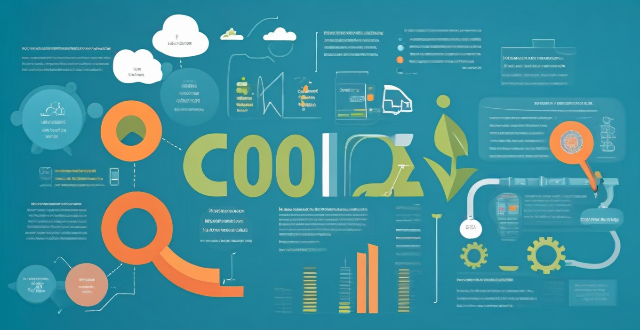
How can international cooperation on climate change contribute to global security ?
International cooperation on climate change is vital for global security. It helps mitigate environmental disasters, promotes economic stability and growth, enhances social cohesion and peace, facilitates technology and knowledge sharing, and strengthens global governance and diplomacy. Through joint efforts, nations can address one of the most pressing challenges of our time and secure a safer future for all.
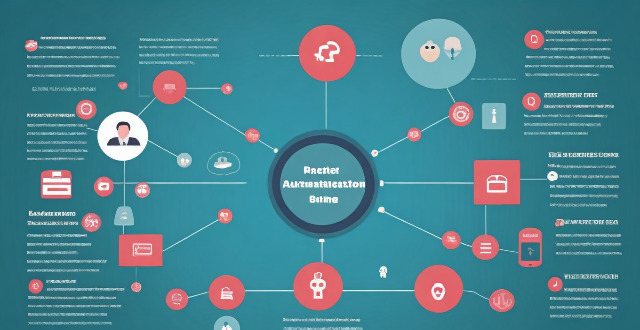
How does two-factor authentication enhance security ?
Two-factor authentication (2FA) is a security process that requires two different factors to verify the user's identity, enhancing security by reducing the risk of unauthorized access, providing alerts for suspicious activities, protecting against various types of attacks, increasing user confidence in online services, and helping maintain compliance with security standards. Its implementation should be carefully planned considering both security requirements and user convenience.
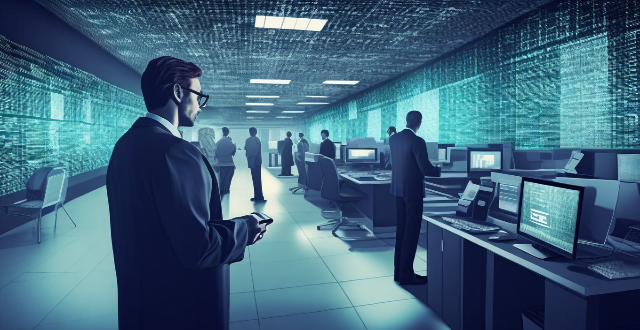
What are the security concerns related to Smart Grid Technology ?
Smart grid technology, which uses digital communication technologies to monitor and control the flow of electricity, offers benefits such as increased efficiency and reliability. However, there are security concerns that need to be addressed, including cyber attacks, data breaches, insider threats, physical security risks, and interdependencies with other critical infrastructures. It is essential to implement strong cybersecurity measures, strict access controls, and robust physical security protocols to protect the system's integrity and confidentiality.

What role do global warming and climate change play in diplomatic negotiations ?
Global warming and climate change significantly impact diplomatic negotiations, affecting security, economic stability, and humanitarian concerns. Rising sea levels and extreme weather events pose security risks, while changes in temperature and precipitation patterns affect agriculture and infrastructure investments. Climate-induced disasters can lead to refugee crises, necessitating international cooperation. Efforts like the Paris Agreement demonstrate the importance of multilateral agreements, technology transfer, and financial mechanisms. National interests and policy making increasingly focus on renewable energy sources and sustainable development goals. Addressing these challenges requires prioritizing dialogue, cooperation, and innovative solutions.
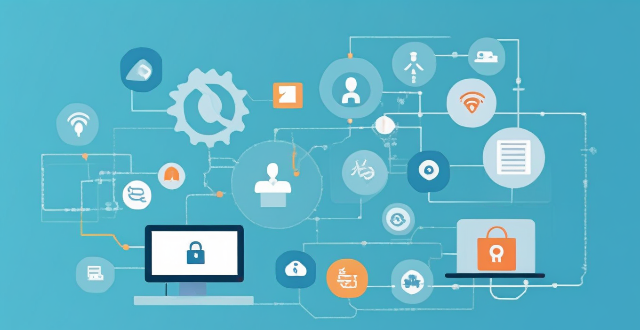
What are the security concerns related to IoT ?
The article discusses the major security concerns related to the Internet of Things (IoT), such as data privacy and confidentiality, device security, network security, physical security, and software vulnerabilities. It emphasizes the need for implementing appropriate security measures to ensure the secure deployment of IoT devices and protect sensitive information from unauthorized access.

How do firewalls contribute to network security ?
Firewalls are crucial for network security, offeringFirewalls are crucial for network security, offering, blocking unwanted connections, preventing preventing network intrusion, enforcing security policies, providing VPN support, integrating with other security systems, protecting against known threats, offering customizable features, ensuring scalability and performance, and reducing the risk of data breach.
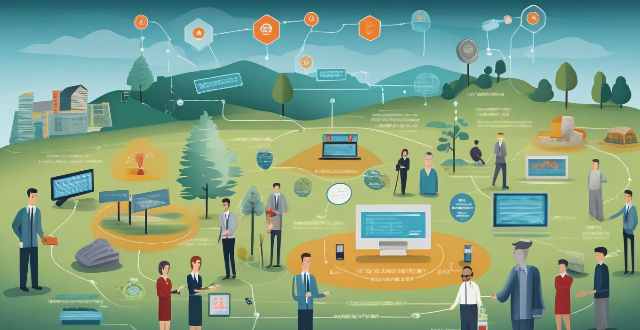
Can blockchain technology improve data security and privacy ?
Blockchain technology has been touted as a revolutionary tool that can improve data security and privacy. Its decentralized nature, encryption, and transparency make it difficult for attackers to compromise the network. Additionally, its anonymity, control over personal data, and smart contracts enhance privacy by giving individuals more control over their information.
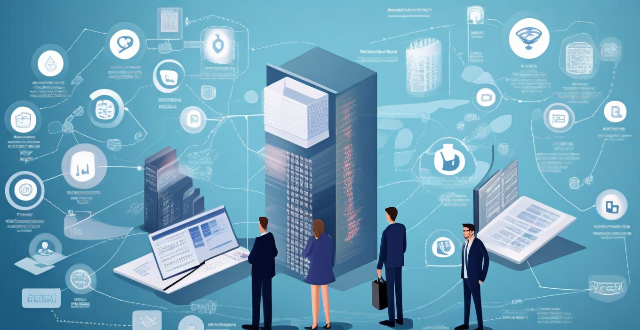
How do remote education platforms ensure data privacy and security ?
Remote education platforms ensure data privacy and security through encryption, access controls, two-factor authentication, regular security audits, and data retention policies. These measures help protect user data during transmission and storage, restrict access to sensitive information, add an extra layer of security, identify and fix vulnerabilities, and minimize the risk of data breaches.

How does climate change affect food security and nutrition ?
Climate change significantly impacts global food security and nutrition by causing extreme weather events, altering ecosystems, reducing water availability, affecting marine life, posing agricultural challenges, and diminishing nutrient intake. Mitigation strategies include sustainable agriculture practices, dietary diversification, and research and development to ensure future food security and nutrition.

What are some tips for getting through security quickly and efficiently ?
Getting through security quickly and efficiently requires preparation and knowledge. Pack smart by following the 3-1-1 rule for liquids, keeping electronics separate, storing medications in their original containers, and wearing easy-to-remove shoes and jackets. Know the rules by researching specific security policies, having travel documents ready, and avoiding restricted items. At the security checkpoint, prepare your belongings by placing metal objects in your carry-on bag and separating liquids. Follow procedures by staying alert, complying with instructions, and moving swiftly. After security, reorganize and regroup by repacking liquids and reassembling any removed accessories or outer layers. Stay informed about any updates to security procedures before your next trip.

What are the latest trends in network security protection ?
Network security is a crucial aspect of modern computing, and it's constantly evolving to keep up with new threats. Here are some of the latest trends in network security protection: - AI and ML are becoming increasingly popular for detecting and responding to cyber threats. - IoT devices have poor security features or lack them altogether, making them easy targets for hackers. - With more businesses moving to the cloud, ensuring data is secure is essential. - Threat intelligence involves collecting information about potential threats and using it to improve defenses. - The zero trust model assumes that no one should be trusted by default, including those within an organization's network.

What are the main threats to communication security ?
The text discusses the main threats to communication security, which include eavesdropping and unauthorized access, malware and viruses, social engineering and phishing, insider threats, and DoS attacks. It also provides mitigation strategies for each threat, such as encryption, secure networks, physical security, antivirus software, firewalls, software updates, awareness training, email filters, multi-factor authentication, access controls, monitoring and auditing, termination procedures, rate limiting, content delivery networks (CDNs), and intrusion detection systems (IDS).

What are the potential impacts of climate conflicts on global security ?
Climate conflicts have the potential to significantly impact global security by causing economic disruption, political instability, and even armed conflict. Governments and international organizations must recognize this issue and take action to mitigate the effects of climate change.

What are some examples of how climate change has affected international security ?
Climate change has significant implications for international security, including resource scarcity and competition, displacement and migration, state fragility and failed states, environmental refugees, and national security threats. These challenges require global cooperation and strategic planning to mitigate their effects on international stability.

Does restrictive immigration policy improve national security ?
The text discusses the complex question of whether restrictive immigration policy enhances national security. It explores various aspects including economic impact, social cohesion, international relations, and internal security dynamics to provide a nuanced understanding. The text concludes that while a restrictive immigration policy might seem appealing from a national security standpoint, it is not a silver bullet, as benefits must be weighed against potential negative impacts on different factors. A balanced approach that ensures thorough vetting without undue restrictions might prove more effective in enhancing national security in the long term.

Can I retire early without jeopardizing my financial security ?
Retiring early is a goal for many, but it requires careful planning to ensure financial security. Key steps include assessing your current finances, setting clear retirement goals, creating a comprehensive plan, and seeking professional advice. By following these strategies, you can achieve early retirement without jeopardizing your financial well-being.
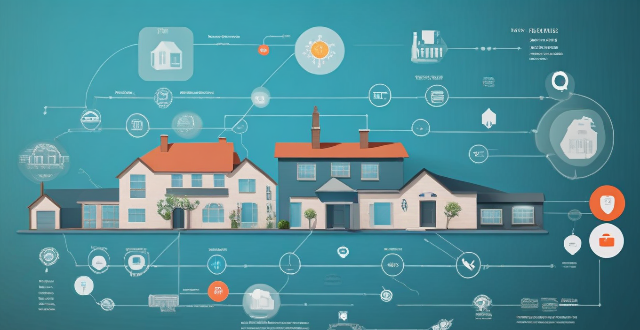
How much does a good home security system cost ?
The cost of a good home security system depends on various factors, including the type of system, features, installation fees, and monitoring services. While DIY systems are generally less expensive, professionally installed systems offer more advanced features and peace of mind through professional monitoring. When choosing a home security system, consider your specific needs and budget to find the best solution for your property.

What are the latest trends in cyber security ?
The text discusses the latest trends in cyber security, highlighting the following key points: 1. Ransomware attacks are becoming more frequent and can cause significant downtime and financial losses for businesses. Prevention is essential, with regular backups and employee training being crucial components of a robust defense strategy. 2. As more businesses move their operations to the cloud, ensuring the security of cloud-based systems has become a major concern. Cloud providers typically offer a range of security measures, but it is up to individual businesses to ensure that these measures are properly implemented and maintained. 3. The proliferation of connected devices has created new opportunities for cybercriminals to launch attacks. Many IoT devices lack adequate security features, making them easy targets for hackers looking to gain access to networks or steal sensitive data. 4. AI and ML technologies are becoming increasingly important tools in the fight against cybercrime, helping organizations identify and respond to potential threats more quickly and effectively than ever before. However, these technologies also create new opportunities for attackers to launch more sophisticated attacks or evade traditional defenses.

How does encryption contribute to network security protection ?
Encryption is pivotal for network security, offering robust defense against unauthorized data access and cyber threats. It transforms readable plaintext into ciphertext using sophisticated algorithms, protecting data at rest, in transit, or being processed. Encryption's economic impact is significant, with organizations leveraging it reducing financial impact of data breaches by over USD 220,000. The global encryption software market is projected to hit USD 20.1 billion by 2025. Regulatory compliance and standards are increasingly requiring encryption for data privacy and security. Its historical significance dates back to ancient civilizations, evolving from wartime secrecy to everyday data protection. Network security objectives include preventing unauthorized access, detecting and interrupting cyberattacks, and ensuring authorized user access. Data breaches have costly consequences, with the global average cost standing at USD 4.45 million per incident. A defense in depth approach involves layering multiple security controls between attackers and potential vulnerabilities. In conclusion, encryption is an indispensable component of network security protection, offering a robust defense against unauthorized data access and cyber threats. Its ability to transform plaintext into ciphertext, compliance with regulatory standards, and evolving sophistication through AI illustrate its dynamic role in safeguarding digital communications. For individuals and organizations alike, investing in encryption is not just a recommendation but a necessity for safeguarding against the ever-growing landscape of cyber threats.
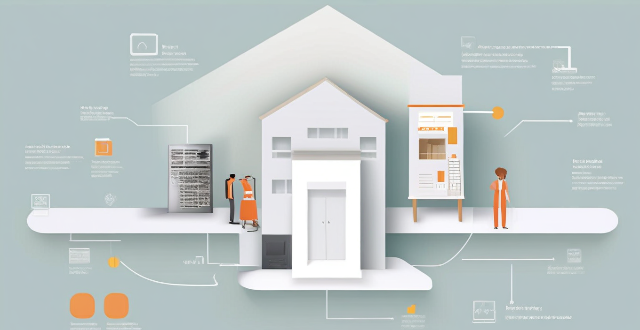
How can I integrate smart home devices with my home security system ?
The article provides a step-by-step guide for integrating smart home devices with a home security system, including determining compatibility, selecting the right devices, installing and configuring them, connecting to the security system, and testing the integration. The goal is to enhance safety and convenience by allowing remote control and monitoring of access, video surveillance, sensors, and lighting.

What is cloud security and why is it important ?
Cloud security is a critical aspect of modern computing, given the increasing reliance on cloud-based systems and data storage. It involves a comprehensive set of technologies, procedures, policies, and controls designed to safeguard cloud environments. The importance of cloud security stems from the vast amount of sensitive data stored in the cloud and the potential risks associated with unauthorized access or data breaches. Cloud security encompasses various elements that work together to ensure the safety and integrity of cloud-based resources. These include encryption, identity and access management (IAM), intrusion detection systems (IDS) and intrusion prevention systems (IPS), data loss prevention (DLP), and security information and event management (SIEM). The significance of cloud security can be understood through several key points: data protection, compliance requirements, business continuity, trust and reputation, and risk management. To effectively manage cloud security, several key aspects must be addressed: data encryption, access controls, regular audits, security updates, and education and training. In conclusion, cloud security is essential for protecting valuable data, maintaining compliance, ensuring business continuity, and preserving the trust and reputation of an organization. As cloud computing continues to grow, so does the need for robust security measures to safeguard against evolving threats.
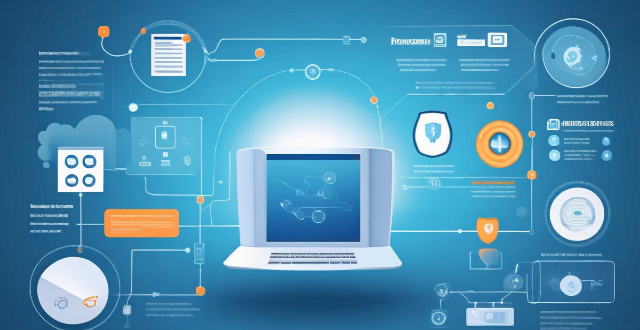
How can I monitor my home security system remotely ?
This guide provides a comprehensive overview of how to monitor your home security system remotely. It covers choosing a reliable security system, connecting it to the internet, monitoring your home remotely, and maintaining your security system. The guide emphasizes the importance of researching and selecting a suitable security system, establishing a secure internet connection, setting up remote access, viewing live streaming footage, receiving alerts and notifications, controlling your security system remotely, regular maintenance, and software updates. By following these steps, you can ensure the safety and security of your home while away.
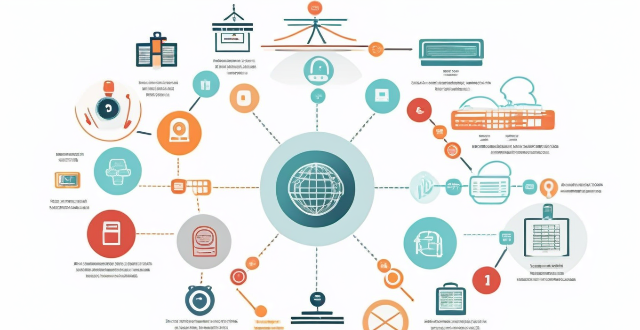
How do firewalls contribute to communication security ?
Firewalls play a crucial role in ensuring communication security by acting as a barrier between trusted and untrusted networks. They contribute to communication security through packet filtering, stateful inspection, application-level gateways, content filtering, network address translation (NAT), VPN support, and integration with Intrusion Prevention Systems (IPS). These features help in preventing unauthorized access, protecting against malicious traffic, scanning for viruses, filtering specific types of data, hiding internal network structures, ensuring secure remote access, and detecting potential attacks or policy violations in real-time. Overall, firewalls provide multiple layers of protection, effectively managing and controlling network traffic to secure communications and protect against various types of cyber threats.